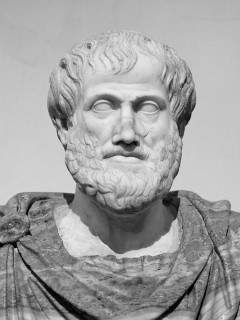
Publication details
Publisher: Springer
Place: Berlin
Year: 1976
Pages: 65-72
Series: Boston Studies in the Philosophy of Science
ISBN (Hardback): 9789027703750
Full citation:
, "Gradual emancipation from Aristotle", in: The concepts of space and time, Berlin, Springer, 1976


Gradual emancipation from Aristotle
from Crescas to Gilbert
pp. 65-72
in: Milič Čapek (ed), The concepts of space and time, Berlin, Springer, 1976Abstract
Crescas' theory of space solved the problem of the outermost sphere: The infinite vacuum provides this sphere with space, so that its eternal rotation becomes a special kind of local motion and the sphere ceases to be the final limit and boundary of space.
Cited authors
Publication details
Publisher: Springer
Place: Berlin
Year: 1976
Pages: 65-72
Series: Boston Studies in the Philosophy of Science
ISBN (Hardback): 9789027703750
Full citation:
, "Gradual emancipation from Aristotle", in: The concepts of space and time, Berlin, Springer, 1976

